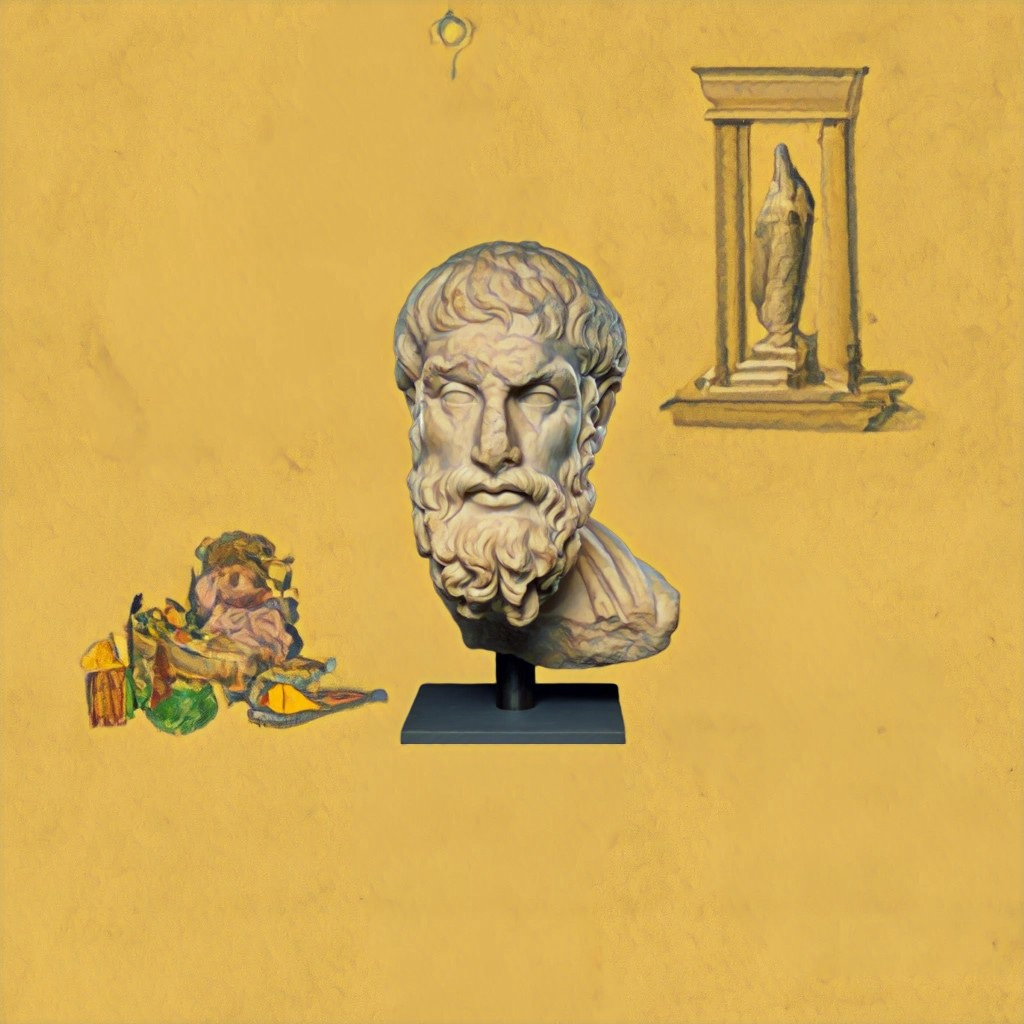Why Is There No Epicurean Movement?
Notes on the Greco-Roman philosophy of pleasure
Stoicism is very much alive today. Despite its origin as an ancient Greek and Roman philosophy, thousands of people are actively involved in local groups, private practice, and international organizations.
Stoicism is spread via apps like Stoa, nonprofits such as Modern Stoicism, and media empires like the Daily Stoic.
Back in the day, the Stoics competed…


